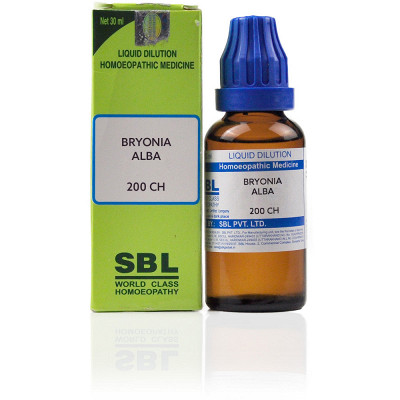The Role of Homeopathic Remedies in Alleviating Joint Pain
Joint pain, a discomfort that affects millions worldwide, can be debilitating and significantly impact one's quality of life. While conventional medicine offers various treatments, many individuals seek alternative remedies like homeopathy for relief. Homeopathy, founded on the principle of "like cures like," utilizes highly diluted substances to stimulate the body's natural healing mechanisms. Let's explore how homeopathic remedies play a role in managing joint pain.
Understanding Homeopathy:
Homeopathy is based on two fundamental principles: "similia similibus curentur" (like cures like) and "minimum dose." Practitioners believe that a substance that causes symptoms in a healthy individual can treat similar symptoms in a sick person when administered in highly diluted amounts.
Homeopathic Remedies for Joint Pain:
Rhus toxicodendron: This remedy is often recommended for joint pain that improves with motion. It's particularly useful for stiffness experienced upon initial movement, which tends to improve with continued activity.
Bryonia alba: Individuals with aggravated joint pain exacerbated by movement may benefit from this remedy. Bryonia is suggested for joints that are swollen, red, and warm, with relief found through rest and pressure.
Arnica montana: Known for its anti-inflammatory properties, Arnica is used for joint pain resulting from injury, trauma, or overexertion. It helps reduce swelling and bruising.
Calcarea carbonica: This remedy is beneficial for joint pain associated with stiffness, especially in individuals who feel cold and sluggish. It's often recommended for arthritis affecting large joints like knees and hips.
Pulsatilla: Joint pain that shifts from one joint to another and worsens in the evening might respond well to Pulsatilla. It's suitable for individuals with changeable symptoms.
Causticum: When joint pain is accompanied by stiffness and a sensation of weakness or heaviness, Causticum is commonly suggested. It's particularly beneficial for chronic joint conditions.
Efficacy of Homeopathic Remedies:
The effectiveness of homeopathic remedies in managing joint pain varies among individuals. Critics argue that the highly diluted nature of these substances renders them ineffective, attributing any perceived relief to a placebo effect. However, proponents believe in the holistic approach of homeopathy, aiming to address the underlying causes of pain rather than merely alleviating symptoms.
Moreover, several studies and anecdotal evidence suggest positive outcomes in using homeopathic remedies for joint pain. A study published in Rheumatology International in 2018 found that homeopathic treatments provided significant relief in knee osteoarthritis compared to a placebo. While more research is needed, these findings indicate potential benefits worth exploring further.
Complementary Approach:
It's essential to adopt a holistic approach to managing joint pain. Homeopathy can be complementary to conventional treatments, offering relief and improving overall well-being. However, consulting with a qualified homeopathic practitioner is crucial to receive personalized treatment tailored to individual symptoms and health history.
In Conclusion:
Homeopathy's individualized approach and emphasis on stimulating the body's self-healing mechanisms make it an intriguing option for managing joint pain. While scientific evidence supporting its efficacy is a subject of ongoing debate, many individuals have reported positive outcomes. Considering its holistic nature and minimal side effects, homeopathy stands as a viable complementary option in the comprehensive management of joint discomfort. Always consult with a healthcare professional before starting any new treatment regimen.
Remember, finding the most suitable treatment for joint pain often involves a combination of approaches tailored to individual needs. Embracing a holistic perspective may pave the way toward better pain management and improved overall health and well-being.

Comments
Post a Comment